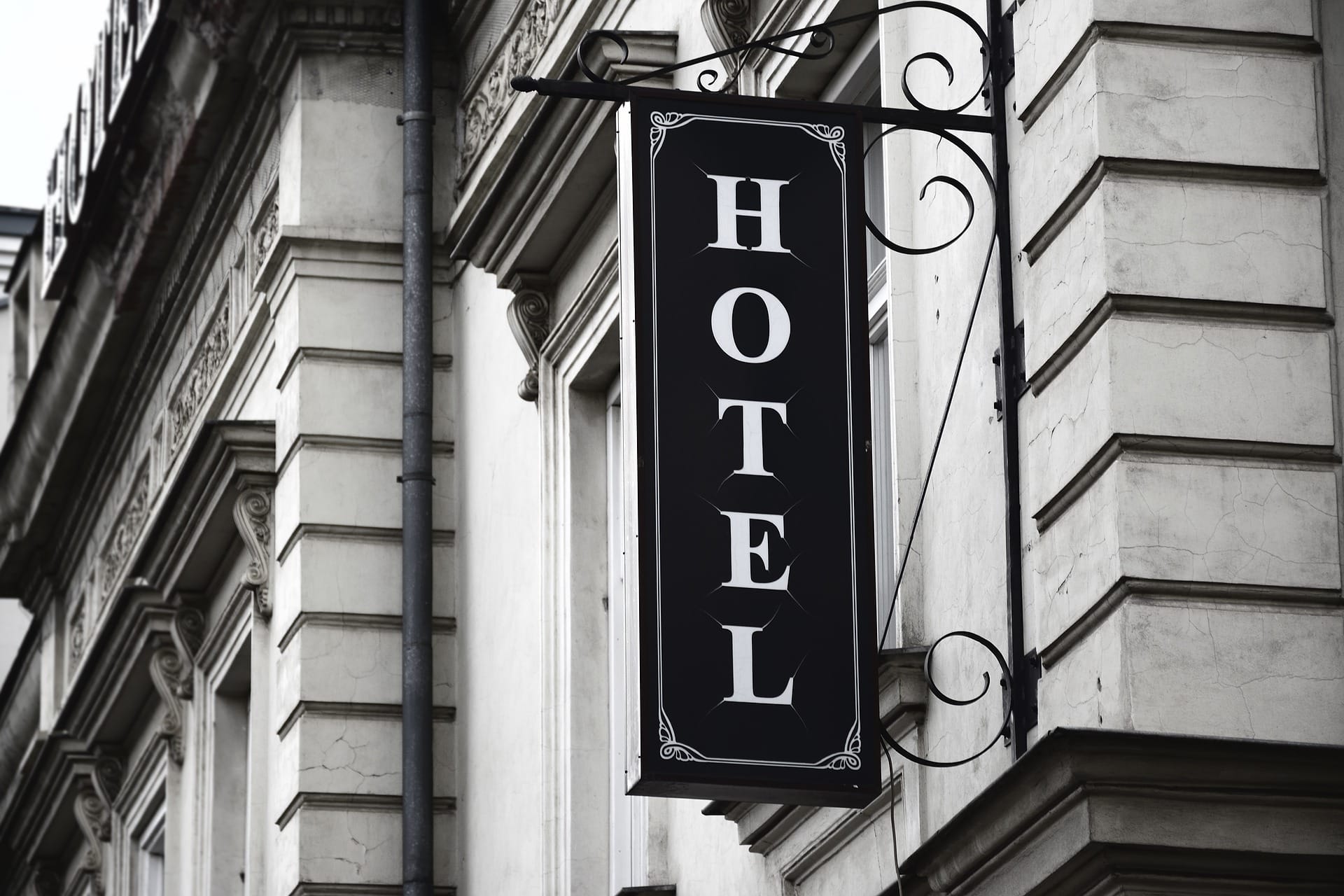the challenge for hotels
The hotel industry faces a constantly evolving environment, and 2025 will be no exception. In a context marked by technological advancement, changing consumer demands, and environmental pressures, hotels will have to adapt to survive and thrive. Below are some of the main challenges that the hotel industry will face in the coming years:
Digitalization and technology
Technology will continue to be a key factor in the transformation of the hotel industry. In 2025, hotels are expected to adopt even more advanced technological solutions, from artificial intelligence (AI) to the Internet of Things (IoT). Automating processes such as check-in and check-out, using virtual assistants in rooms, and implementing smart energy management systems will be key. However, and this is what excites us most at glù, this advancement also poses the challenge of balancing efficiency with the human experience, with the people who work within the hotel and their ways of being. Ah, the human…! Guests value personalization and the human touch, so hotels will need to find ways to integrate technology without losing the personal touch.
Sustainability
Sustainability is not a passing trend; it is imperative for the future of hospitality. In 2025, consumers will be even more aware of the environmental impact of their travel decisions. Hotels will need to be more sustainable, reducing waste, using renewable energy, and managing water efficiently. They will also need to comply with stricter environmental regulations and respond to social pressure to be more transparent about their practices. It’s not just about reducing environmental impact, but also about communicating these actions effectively to guests, who are increasingly looking for accommodations that share their green values.
Competition from digital platforms
The rise of alternative accommodation platforms has been a constant challenge for traditional hotels. In 2025, this competition will be even fiercer as these platforms continue to innovate and offer unique experiences. To compete with them, hotels will have to differentiate themselves not only on price but on the added value they offer. This includes everything from exclusive services to authentic local experiences that cannot be found in a typical accommodation contracted on a platform.
Changes in guests' priorities
Traveler expectations will continue to evolve in the coming years. Demand for more private spaces, remote working options in hotels, and greater flexibility in booking policies will be key aspects. In addition, the concept of "bleisure travel" (combining business and leisure) will continue to boom, and hotels will have to adapt to offer facilities that meet both work and leisure needs.
Labor shortages and talent retention
Hospitality has historically been a labor-intensive industry, and talent retention will continue to be a challenge in 2025. The pandemic exacerbated staff shortages in many regions, and full recovery could take several years. In addition, workers are increasingly looking for jobs that offer not only a competitive salary but also additional benefits such as career development opportunities and a supportive work environment. Hotels will need to invest in training, offer attractive working conditions, and create a company culture that fosters employee loyalty.
In conclusion, 2025 will be a year of significant challenges for the hotel industry, but also opportunities. Those hotels that manage to adapt to technological, environmental, and consumer demands, while competing effectively with new forms of accommodation and attracting and retaining talent, will be better positioned to thrive in the future. The key will be the ability to innovate and respond quickly to an ever-changing environment.
Enter the glù bubble and discover more articles like this.


















